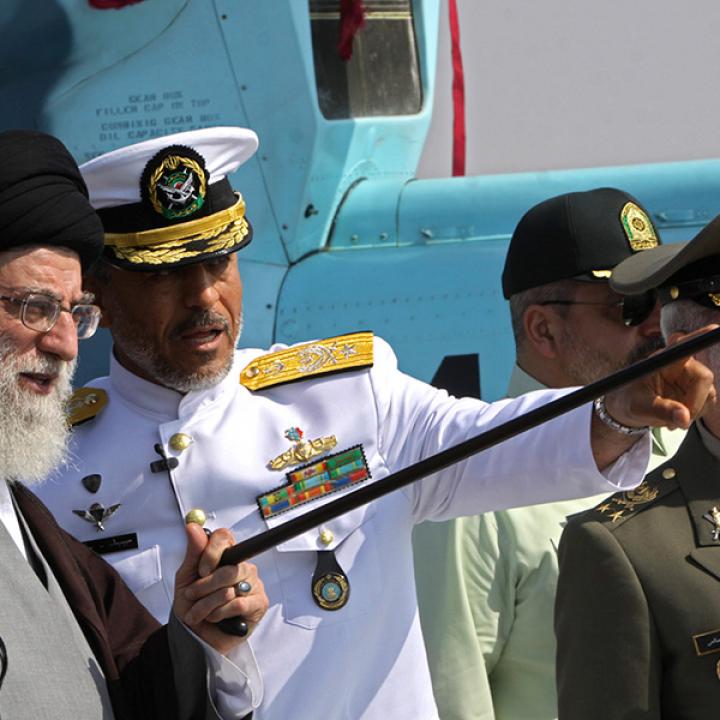
- Policy Analysis
- Articles & Op-Eds
Iranian Consensus Does Not Necessarily Mean a Good Deal for the West

There is a broad consensus among Iran's elite that a nuclear deal with Washington would serve Iran's hegemonic objectives. In this view, the real barrier to such a nuclear accord is not the United States but Europe and Israel, supported by the Saudis.
The ongoing nuclear talks are playing very differently in Tehran than did the past few nuclear accords. The 2003 short-lived enrichment freeze, the even shorter-lived 2004 Paris accords to resume that freeze and the abortive 2009 Tehran Research Reactor deal to reduce Iran's stockpiles of enriched uranium all received much sniping. But now there is more consensus in Iran than at almost any time since the 1979 revolution. Especially since the turmoil that followed the disputed presidential election of 2009, supreme leader Ayatollah Ali Khamenei has been deeply concerned about the West's efforts to subvert the regime by supporting human rights and democratic movement in Iran. He has emphasized consensus among elites and popular support, hence his tacit acquiescence in the election of Hassan Rouhani. Iranian reformers have largely bought in to the theme of domestic consensus, fearful that pushing too hard for change would lead to civil war, as in Syria, or a military coup, as in Egypt. Reformers are focused on improving the economy first, with democracy to be addressed later...
Washington Post




